Prayagraj
Historical Significance
"The site at which Prayagraj (Allahabad) stands has been in the occupation of the civilized race long before the first faint beginnings of authentic history. While its contemporaries in the pre-historic age are now gone forever, Babylon and Carthage, Thebes and Memphis have perished to rise no more, the Prayag of the ancient Indian mythology stands like the Indraprastha of the Mahabharata, where it did five thousand years ago."
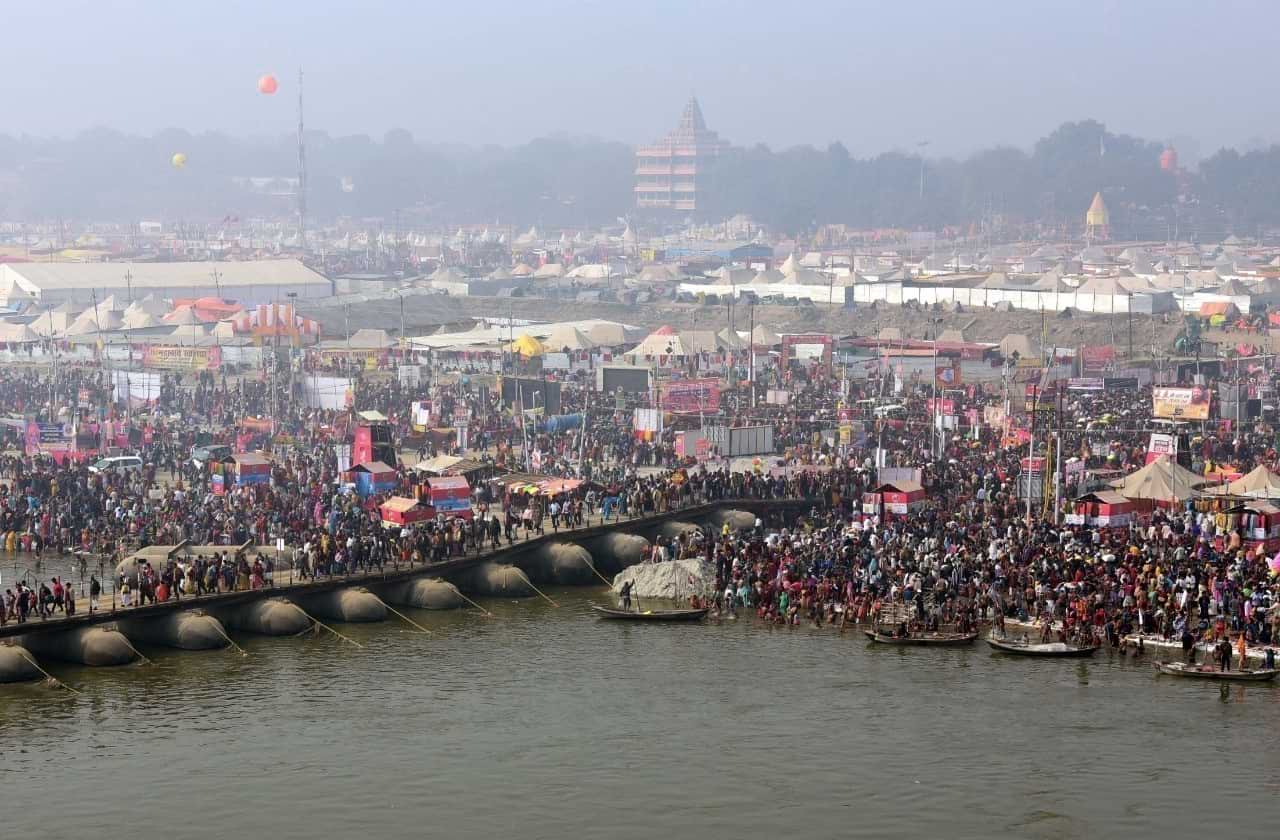
In 600 BC, there was a kingdom covering the part of the present district of Prayagraj. It was called ‘Vatsa’ with its capital as ‘Kaushambi’, the remains of which still lie southwest of Prayagraj. Gautama Buddha also honored this city with his three visits. After this, the region came under the Mauryan rule, and Kaushambi was made the headquarters of one of the provinces of ‘Ashoka’. Under his instructions, two monolithic pillars were erected at Kaushambi, one of which was later shifted to Prayagraj.
Mauryan antiquities and remains have been excavated at Bhita, another important site in the district. After the Mauryas, the Sungas ruled over the Vatsa or Prayagraj region. This is apparent from many Sunga artifacts found in the Prayagraj district. After the Sungas, the Kushans came into power. A seal of Kanishka and a unique image inscription was found during the second year of his reign at Kaushambi. Gupta period objects have also been found in Kaushambi, Bhita, and Jhunsi. On the body of Ashoka Pillar, there is an engraved line of ‘prashasthi’ of Samudra Gupta, while at Jhunsi there exists a well named ‘Samudrakupa’ named after him. On the downfall of the Guptas, the fate of Prayagraj receded into oblivion. Huien Tsang visited Prayagraj in the 7th century AD and described ‘Prayag’ as a great city of idolaters’, implying that Brahminical ascendancy had been retained at the time of his visit.
In 1540, Sher Shah became the ruler of Hindustan; it was at this time that the old Grand Trunk road from Agra to Kara and then eastwards to Prayagraj, Jhunsi, and Jaunpur was laid out.
A battle was fought between Akbar and the rebel governor of Jaunpur in 1567 at the village Mankarwal, one of the dependencies of Jhunsi and Prayag known as ‘Ilahabas’. After the victory, Akbar marched in a single day to Prayag and rested for two days before marching to Varanasi. It was then he realized the importance of building a fort at this strategic place.
Akbar revisited Prayag in 1575 and laid the foundation of an imperial city, which he called ‘Ilahabas’. The new city soon became a favorite place of pilgrimage under Akbar’s rule. The city grew rapidly in importance and before the end of Akbar’s reign increased to a considerable size and importance.
Famous Personalities of Prayagraj
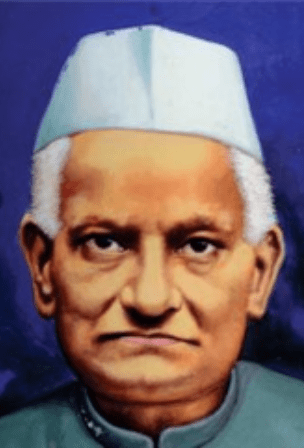
Motilal Nehru
Motilal Nehru was born on May 6, 1861, son of Gangadhar Nehru and his wife Jeevarani. Motilal Nehru was an Indian lawyer, an activist of the Indian Independence Movement and an important leader of the Indian National Congress who also served as the Congress President twice. In 1900, he bought a large family home in the Civil Lines of the city, rebuilt it and named it Anand Bhavan. In 1909, he reached the pinnacle of his legal career by gaining the approval to appear in the Privy Council of Great Britain. He was the only front-rank leader to lend his support to non-co-operation at the special Congress at Calcutta in September 1920.
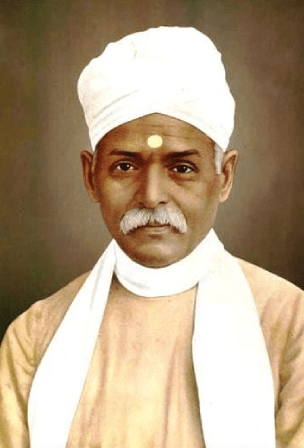
Mahamana Pandit Madan Mohan Malaviya
Madan Mohan Malaviya was born in Prayagraj on 25 December 1861 in a Brahmin family to Pandit Brij Nath and Moona Devi. He was an Indian educationist and politician notable for his role in the Indian independence movement and as the twice president of Indian National Congress. He is most remembered as the founder of Banaras Hindu University (BHU) at Varanasi in 1916. He was Vice Chancellor of Banaras Hindu University from 1919–1938. Pandit ji was posthumously conferred with Bharat Ratna, India's highest civilian award, on 24 December 2014, a day before his 153rd Birth Anniversary.
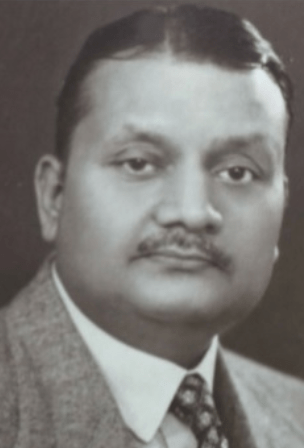
Amarnath Jha
Amarnath Jha, born in 1888, was the Vice Chancellor of University of Allahabad and Banaras Hindu University, son of Sir Ganganath Jha, a great scholar of Sanskrit but was equally proficient in his mother tongue Maithili apart from Hindi, English, Persian, Urdu, and Bangla. Amarnath Jha was reputed as the ablest professor in India of his time. He was the Head of the Department of English at the University of Allahabad for a long time; he was appointed to this post at the age of thirty-two only.
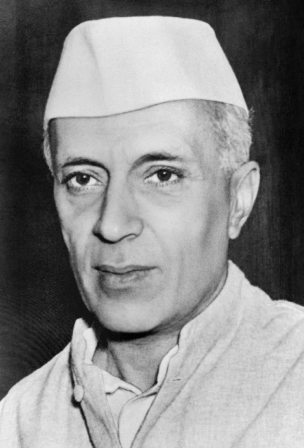
Pandit Jawaharlal Nehru
Pandit Jawaharlal Nehru born on 14 November 1889 was the first Prime Minister of India and a central figure in Indian politics before and after independence. He emerged as an eminent leader of the Indian independence movement under the tutelage of Mahatma Gandhi and served India as Prime Minister, from its establishment as an independent nation in 1947 until his death in 1964. He is considered the architect of the modern Indian nation-state: a sovereign, socialist, secular, and democratic republic.
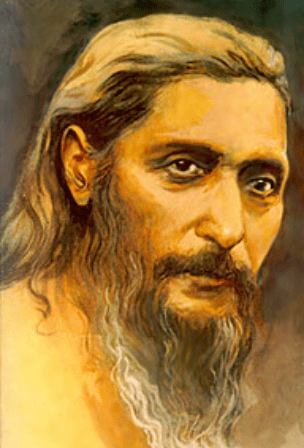
Suryakant Tripathi Nirala
Suryakant Tripathi was born on 21 February 1899 in a Brahmin family of Midnapore in Bengal (originally from Gadhakola, Unnao, Uttar Pradesh). He participated in literary circles such as the Kavi Sammelan. Most of his life was somewhat in the Bohemian tradition. He wrote strongly against social injustice and exploitation in society. At last, he passed away on 15th October 1961.
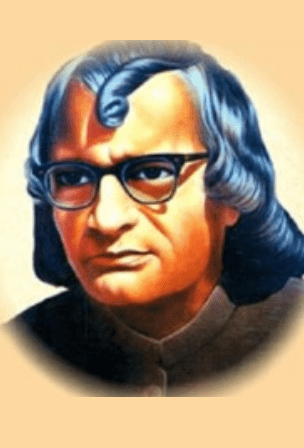
Sumitranandan Pant
Sumitranandan Pant was born on 20 May 1900 in Kausani village, Bageshwar District in what is now the state of Uttarakhand. In 1968, Pant became the first Hindi poet to receive the Jnanpith Award, considered India’s highest accolade for literature. This was awarded to him for a collection of his most famous poems titled Chidambara. Pant received the 'Sahitya Academy' award for 'Kala Aur Budhdha Chand.' He passed away on 28 December 1977.
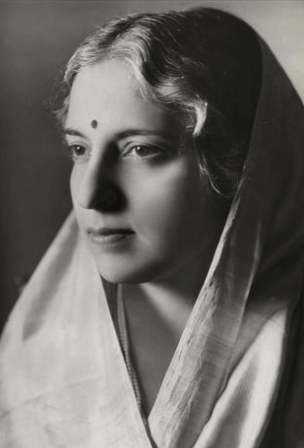
Vijaya Lakshmi Pandit
Vijaya Lakshmi Pandit was an Indian diplomat and politician born in Prayagraj on 18th August 1900. She was the sister of Pandit Jawaharlal Nehru and the aunt of Indira Gandhi. Pandit was sent to London as India's most important diplomat after serving as Nehru’s envoy to the Soviet Union, the USA, and the United Nations.
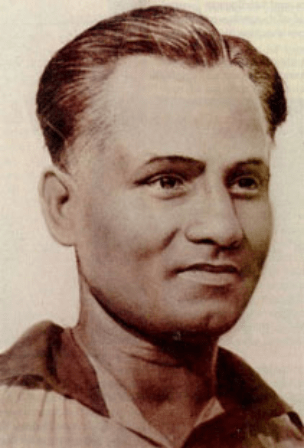
Major Dhyan Chand
Dhyan Chand was born in Prayagraj on 29th August 1905. The winner of three Olympic gold medals in field hockey, he was one of the best sportsmen ever to have graced the game. His goal-scoring feats were simply out of this world.
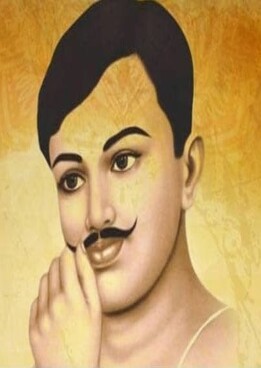
Chandra Shekhar Azad
Chandra Shekhar Azad was born on 23 July 1906 in Bhavra, Madhya Pradesh. A daring freedom fighter, he joined the non-cooperation movement launched by Mahatma Gandhi. On 27 February 1931, he fought valiantly against the British police in Alfred Park, Prayagraj, and shot himself to avoid capture.
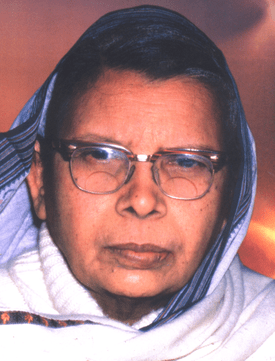
Mahadevi Verma
Mahadevi Verma was born in Farukhabad on 26th March 1907 and finished her education at Crossthwaite Girls' School in Prayagraj. Verma is considered to be one of the four major poets of the Chhayavaadi school of Hindi literature. She passed away on 11 September 1987.
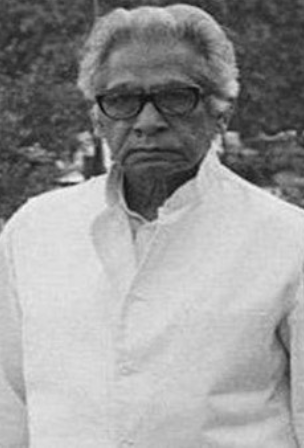
Harivansh Rai Bachchan
Harivansh Rai Srivastava, popularly known by his pen name Bachchan, was an Indian poet of the Nayi Kavita literary movement of early 20th century Hindi literature. Born on 27 November 1907 in Prayagraj, he is best known for his early work Madhushala. He passed away on 18 January 2003.
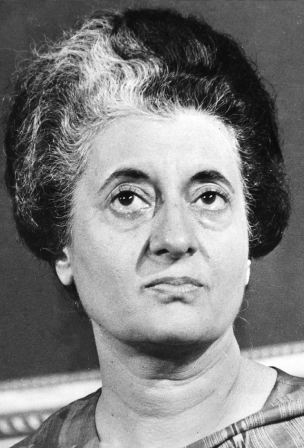
Indira Gandhi
The only child of Pandit Jawaharlal Nehru, Indira Gandhi was born in Prayagraj on November 19, 1917. She served as the Prime Minister of India and learned to navigate complex relationships of diplomacy with some of the great leaders of the world.
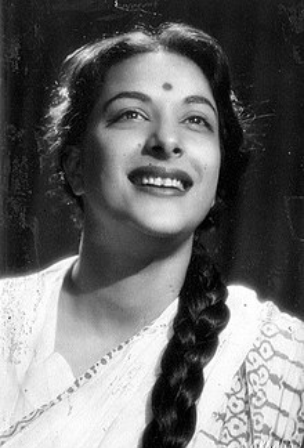
Nargis Dutt
Nargis was born as Fatima Rashid in Kolkata on 1st June 1929. Her family moved to Prayagraj, where she starred in various classic films of Bollywood. She is highly regarded as one of the greatest actors in the history of Hindi cinema.
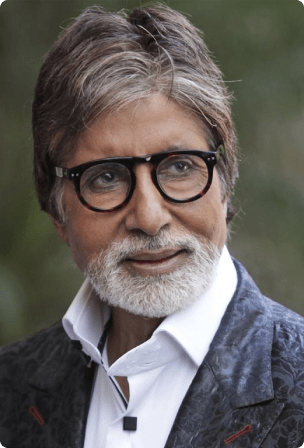
Amitabh Bachchan
Amitabh Bachchan gained popularity in the early 1970s for films such as Zanjeer, Deewaar, and Sholay. He has won numerous awards, including four National Film Awards as Best Actor. He was honored with the Padma Shri, Padma Bhushan, and Padma Vibhushan by the Government of India.
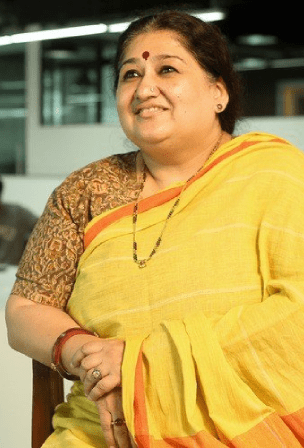
Shubha Mudgal
Shubha Mudgal, born in 1959 in Prayagraj, is an Indian singer of Hindustani classical music. Her repertoire includes Khayal, Thumri, and Dadra, as also popular Indian pop music. She has received several awards, including the Padma Shri.
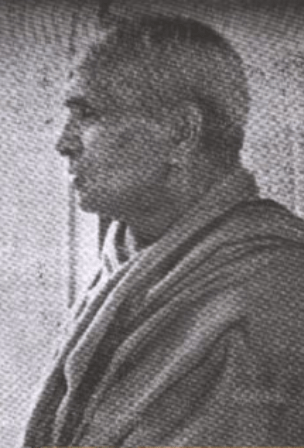
Pandit Sundar Lal
Rai Bahadur Sir Sundar Lal was born in Jaspur near Nainital on 21 May 1857. He became the first Indian Vice Chancellor of Allahabad University and the founding Vice Chancellor of Banaras Hindu University. He passed away in Prayagraj on 13 February 1918.